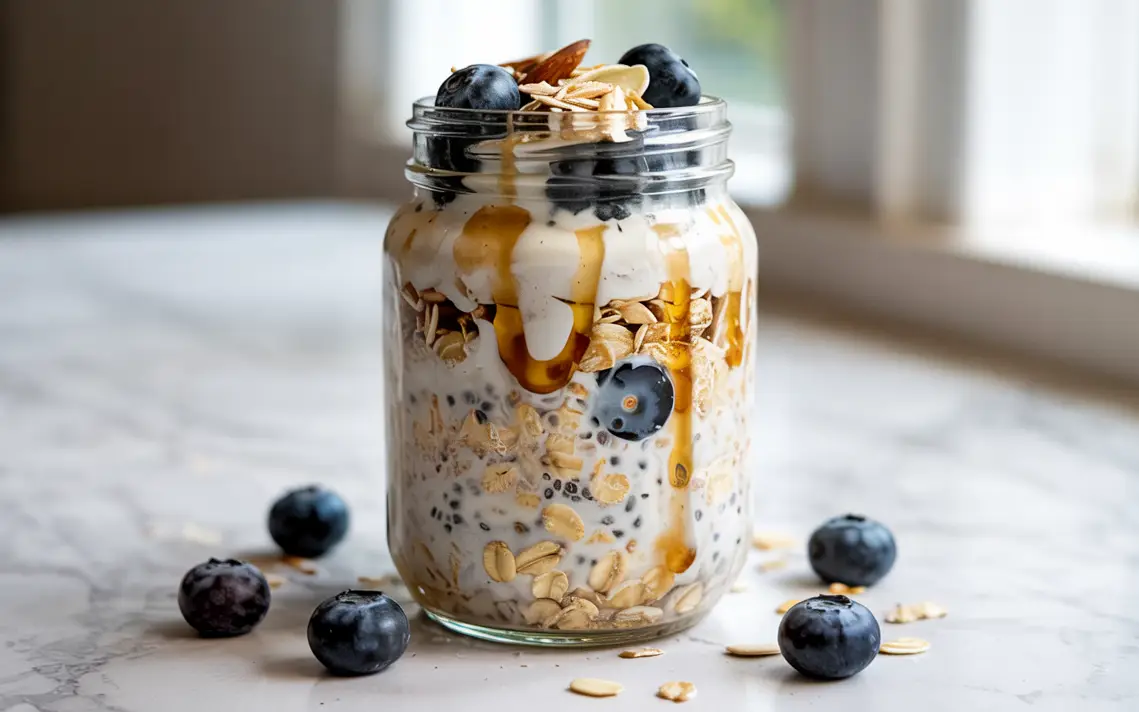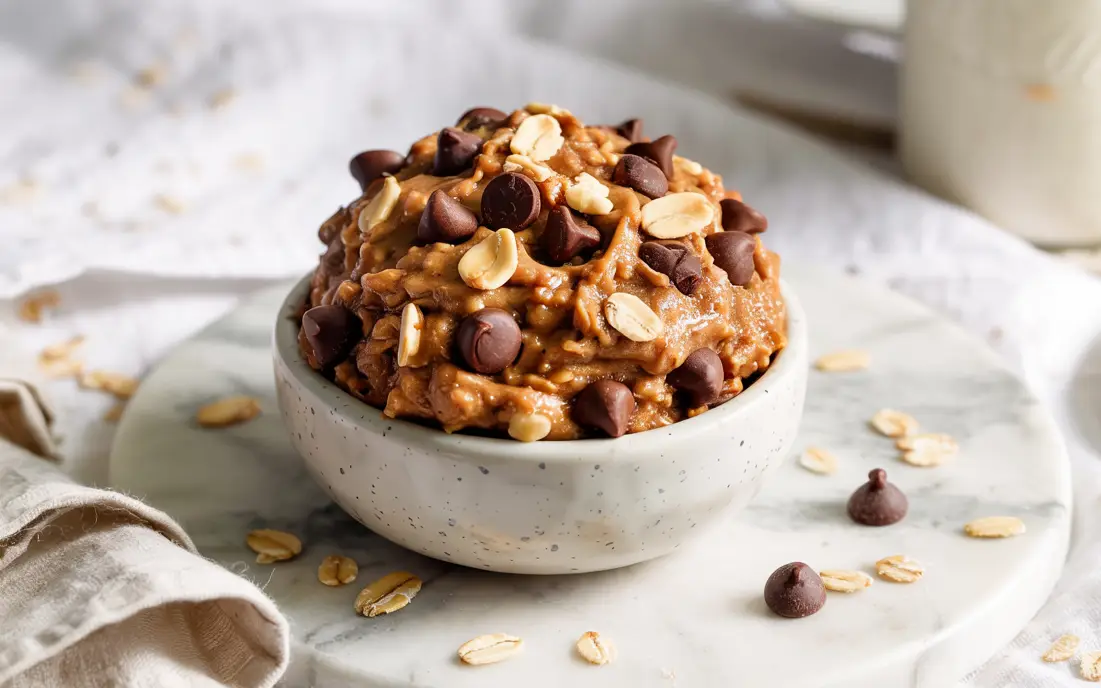For We Try Recipes, a breakfast with high protein is one of the most effective ways to start your day for sustained energy, mental clarity, and a satisfied appetite. While traditional breakfasts often revolve around carbohydrates, such as in toast, cereal, or pastries, a protein-rich meal helps balance blood sugar levels, supporting muscle maintenance as well as growth, and keeps you full longer, making it especially beneficial for those looking to manage weight, build lean muscle, or maintain consistent energy throughout the morning.
Breakfast With High Protein
A breakfast with high protein plays a critical role in nearly every function of the body. It provides the building blocks for muscles, tissues, enzymes, and hormones. After a night of fasting, you are in a mild catabolic state, meaning you’re breaking down muscle tissue for energy. Consuming a protein-rich breakfast can help shift your body back into an anabolic, or muscle-building, state. This is particularly important for active individuals, older adults, and anyone trying to prevent muscle loss.
One of the biggest advantages of a breakfast with high protein is satiety, as it takes longer to digest compared to simple carbohydrates, staying longer in your system and helping reduce hunger cravings. This often results in lower overall calorie intake throughout the day. Many people who struggle with late-morning hunger pangs or unhealthy snacking habits find that increasing their protein intake at breakfast significantly curbs those tendencies.
Common breakfast with high protein foods include eggs, Greek yogurt, cottage cheese, lean meats like turkey or chicken sausage, tofu, tempeh, and powders derived from whey, soy, or peas. Often considered the gold standard due to their excellent amino acid profile is eggs. Two large ones contain around 12 grams of high-quality protein, and they can be prepared in countless ways, including boiled, scrambled, poached, or turned into an omelet with vegetables and cheese for added nutrients and flavor.
Greek yogurt is another versatile and convenient high-protein option. It contains nearly twice the protein of regular yogurt, with about 15–20 grams per serving. Topping it with nuts, seeds, or a small amount of fruit can add texture, flavor, and additional protein. For those avoiding dairy, plant-based yogurts made from soy or pea protein can provide comparable levels, though they should be checked for added sugars and fillers.
For a more savory breakfast with high protein, lean meats such as turkey bacon, chicken breast, or leftover steak from dinner can be repurposed into morning wraps, stir-fries, or paired with eggs and vegetables. Tofu scrambles are a popular alternative for vegans and vegetarians, offering a similar texture to scrambled eggs while delivering 10–20 grams of protein per serving, depending on the amount used.
Powders can also be incorporated into breakfast, especially for those in a rush. A smoothie made with powder, unsweetened nut milk, spinach, and a banana can provide 20–30 grams of protein while being easy to digest and quick to make. Pancakes or overnight oats prepared with protein powder are other creative ways to boost morning intake without relying on traditional savory items.
It’s important to pair a breakfast with high protein protein with healthy fats and some complex carbohydrates to round out the meal. Avocados, nuts, seeds, and olive oil can provide long-lasting energy and support brain health, while whole grains like oats or sprouted bread offer fiber and additional nutrients. The key is balance. A high-protein breakfast doesn’t mean eliminating carbs altogether but rather emphasizing protein as the central component.
People with specific dietary needs, such as those managing diabetes, following a low-carb, on keto diet, or engaged in athletic training, often benefit the most from a high-protein breakfast. That said, anyone can enjoy its benefits. Shifting toward a higher protein intake in the morning doesn’t require drastic changes, but just some strategic choices. Swapping sugary cereal for eggs, or toast with jam for Greek yogurt with almonds, can make a noticeable difference in how you feel throughout the day.
Incorporating a breakfast with high protein into your routine sets a strong foundation for balanced eating habits and improved overall health. Whether you’re fueling up for a workout, heading into a long day at work, or simply trying to avoid the mid-morning crash, starting your day with 20–30 grams of protein can help you feel energized, focused, and satisfied until your next meal.











